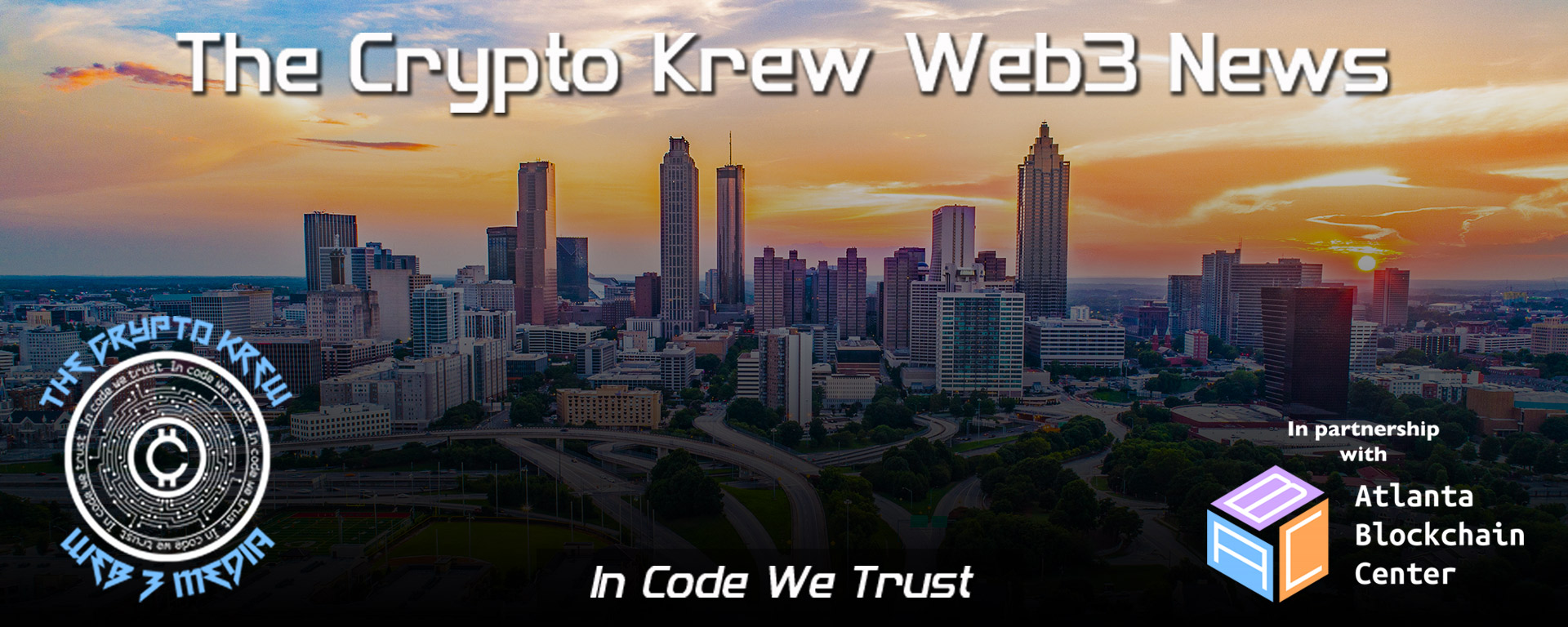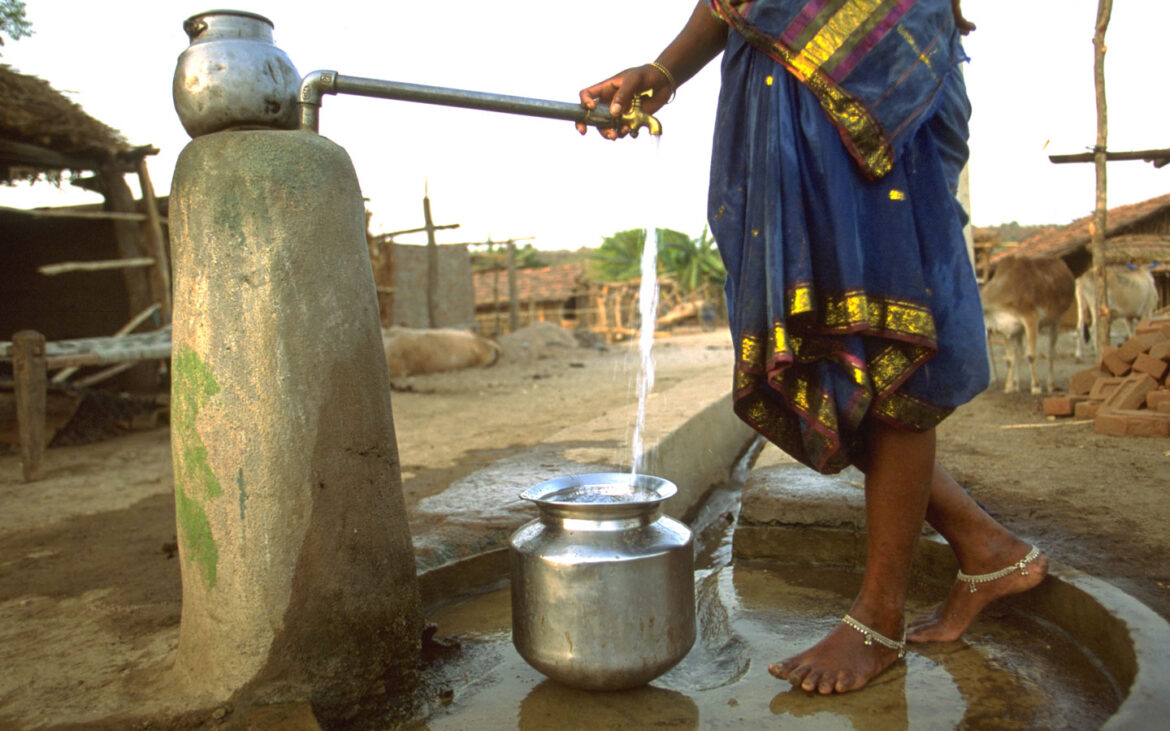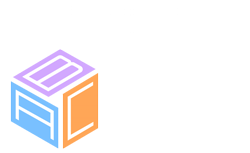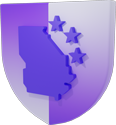Decentralized solutions are creating economic opportunities and revolutionizing people’s access to clean water in parts of India. On Wednesday, Mercy Corp Ventures’ Crypto for Good Fund and the Crypto Council for Innovation released a report on a series of Web3 pilot projects targeting developing countries.
One project from Atlantis DAO, a peer-to-peer network for people working to fight climate change, stood out for its success in improving access to clean water in rural, drought-prone regions of India. The pilot lasted eleven months and focused on creating a decentralized peer-to-peer water network in India to provide rural communities with access to clean water.
Here’s how it works. Using a mobile app with gamified elements, users were able to accept challenges related to clean water production, filtration, and testing. They could also purchase clean water that was validated through the app and be compensated with tokens for participating.
The goal was to utilize blockchain and smart contract technologies to incentivize behavior related to water production, like testing, collecting, and distributing. By using an auditable blockchain-based ledger, transparency and security were also improved.
According to the report from the Crypto Council, the pilot program served a population of around 45,000 and had nearly 4,000 active participants. Not only did it improve people’s access to clean water, but it also created 440 new jobs, 30% of which were held by women.
- Venezuela Turns to Crypto for Oil Sales Amid U.S. Sanctions
- Ukraine Plans to Create National Bitcoin Reserve
- British Drug Gang makes “memecoin,” tries pump and dump trick
- Abu Dhabi Invests $437M in Blackrock’s IBIT Bitcoin ETF
- SWIFT Advocates For a Messaging Layer in Tokenized Payment Systems
- Binance Secures Full Virtual-Asset Services Provider License in Dubai






